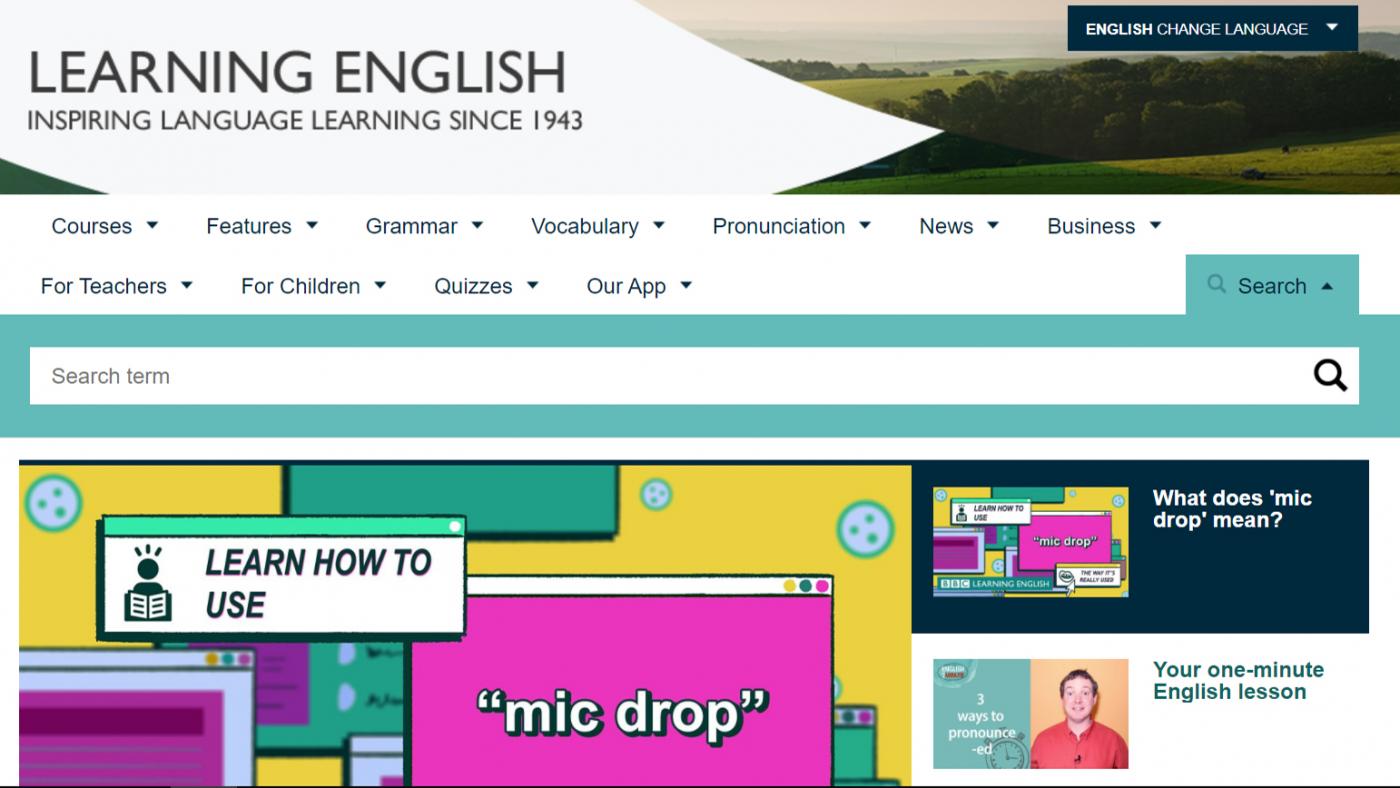English-language teaching in the Netherlands: the show must go on

Last Friday, the Dutch Minister of Education has submitted a scheme (link in Dutch) to the Parliament establishing new rules for higher education programmes taught in English. The idea was that these news rules would go into effect on September 1.
Now that PM Mark Rutte's entire cabinet resigned over a welfare scandal, it is very much the question whether that will actually happen. Because of the government's collapse, the coalition will be acting in a caretaker capacity until the elections on March 17, which means no "controversial" draft legislation will be dealt with in either house of Parliament.
The legislation in question is certainly controversial. Although it did get through the House of Representatives, parties GroenLinks, PvdA, PVV and FvD all voted against it. Anglicising higher education is definitely a sensitive issue in The Hague.
In any case, the government's plan establishes the following: English-language programmes must justify their existence with at least two of the following reasons:
- The programme has a uniquely international orientation;
- The labour market for graduates is international;
- Intercultural exchange is required for acquiring specific knowledge, insights and skills;
- The programme works in close collaboration with predominantly foreign-language companies, agencies or educational institutions;
- Teaching staff with the necessary expertise are primarily non-Dutch speaking.
No assessment
Programmes are exempt from meeting these requirements in case economic circustamces demand more foreign students to enroll. No examples were given, but the government is presumed to be thinking about technical programmes.
Universities of applied sciences and two-year research Master’s programmes are also exempt from having to ask permission to offer foreign-language teaching.
Stakeholders were allowed to submit comments on the scheme – it was made available online for "internet consultation". While action group Beter Onderwijs Nederland (which translates as Better Education Netherlands) thinks that the scheme is not strict enough (they fear "just about every programme will pass through the net"), the Association of Universities in the Netherlands (VSNU in the Dutch acronym) finds it way too strict. They said one reason should be enough to justify teaching courses in English.
Ultimately, expert committees will have to make a judgment for each programme based on campus visits, after which quality control association NVAO will give its seal of approval. That's the way it works with other quality requirements, the Minister explained.
Dutch
The scheme states further that English-language programmes must also promote the "communication skills" of their students in Dutch, by offering writing courses and language tests, for example.
However, the government does not go so far as to specify a degree level requirement. The idea is just to achieve the level yhat one "would expect" of those with higher degrees who have graduated from a specific programme. Therefore, it may differ by study programme.
In order to provide a target, the Dutch Language Union will be setting a "benchmark": the language level that one should expect from those with higher degrees in general. If students fail to achieve it, programmes will have to do something about it.
Again, it looks like the wheels might be coming off this cart, now that the government has collapsed. Let's stay tuned.